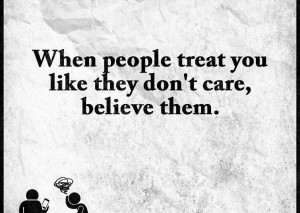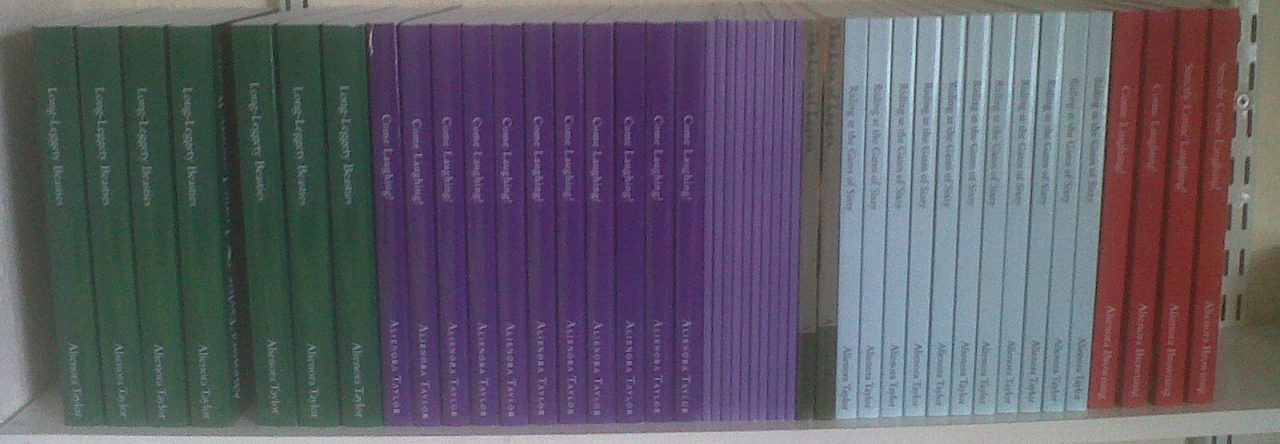…rather than endlessly waiting for love which will never happen.
https://dailypost.wordpress.com/prompts/waiting/
I am waiting, in the dark, for emergence into light to come round. Both darkness and light are essential – and waiting in a pain-filled arena is sometimes necessary if we are to be reborn whole.

This past week has been like Hell. Highlighted by the power, and beauty, of the Full Super-Moon, my emotional centre has been put in a centrifuge and whirled round. Dizzied and scared, I have had no option but to go round with it. It is by no means finished yet.
But, with a fine irony, whilst I have felt as if I were being broken apart, ripped into my most vulnerable parts, this wrenching action has, actually, made me see clear boundaries where, before, there were none.
The focus of much of this tornado has been to blow my stance on attachment to the metaphorical Land of Oz so that it can be tested. It has allowed me to see, with pitiless clarity, that I have a lifelong history of clinging on to relationships, habits and places, even when they are toxic, because I am too frightened to let go and face loss.
But is the individual person, habit or place an actual loss? This is the question the events of the past week (and many months before that) have brought into sharp relief. How can pulling away from an abusive situation be counted as anything other than gain and release? How can hanging on and hoping for improvement, or things to miraculously be different, be counted as a sensible and healthy way of living my precious life? How can waiting for others to come to their senses and examine their own behaviour towards me be a justifiable use of my time?
Damaged children cling on because a pattern of cruelty, neglect and abuse, interspersed with high excitement and a form of hysterical joy, is all they know – and they become addicted to the fleeting smiles, the occasional acts of kindness, the charm and glamour, of their tormentors. They excuse the nastiness because they need the pockets of security (which may be few and far apart). They turn a blind eye to outrageous behaviour, and call it something else (usually try to make it understandable, use their own compassion and empathy to feel for those who have few, if any, genuine feelings themselves) – and so, through the froth of instinctive unease, allow the abuse to continue.
Their separation anxiety is usually acute. They cannot bring themselves to break a friendship, or chuck a partner, or institute divorce proceedings because the terror of loss is far greater than the pain caused by the relationship itself. It really is a case of, ‘Better the Devil you know…’
Then there is the fear that the toxicity might be healed without them – and that, if they only had waited, been patient for a little longer, the wonderful human being they first met will return and all will be roses and sunsets and happily ever after. The other thing, which many do not understand, is that most damaged children become co-dependent and have a genuine fear of being replaced EVEN BY AN ABUSER.
Many abusers play games upon the ‘YOU are the problem. YOU ask for it/deserve it…’ theme – and the part of the child which believes this is, of course, frightened that replacement with a better, normal individual will happen.
It is an awful vicious circle of seeing, at some level, that the abuser is no good for you – and trying, desperately, to twist his/her actions into a positive light so that the dark need for attachment is satisfied. At such times, the mind can become distorted, and life rules rewritten, so that the abuser is excused and the sick contract can continue. Examples: Using the abuser’s tales of childhood trauma (which may or may not be true) to excuse sexual infidelity, bullying, spite and sudden rages; using marital status as an Open Sesame for cruelty and deviant sexual acts (‘He/she is married; I shouldn’t be doing this; he/she will, obviously, want varied and fetishistic sex…’).
There is a tragic bottom line to all of this: The abused child operates from a basic feeling of, ‘I am not good enough to deserve non-abusive treatment. People can do anything they like as long as they smile sometimes and make me feel good from time to time.’
Many damaged children see multiple infidelities, or the threat of same, in their relationships – and do not kick up a fuss, let alone boot the unfaithful one out, because they feel they have no right to do so. They feel certain that they will ONLY be loved if they allow the other to do EXACTLY what he or she wants at all times. And, of course, given a green light of that variety, the temptation is to zoom through it – repeatedly. If challenged at a later date, all the abuser has to say is, ‘But you have always been happy for me to do Act A or go out/do whenever I wanted. Why have you suddenly changed? Are you going mad?’
One of the many difficult things I have had to face this week is that my own attachment apparatus has a strongly toxic side to it. I suspect this is true of a large number of damaged children: We cling. We are bottomless pits of need.
But I have also recognised this: Over the years, certain suggestions and actions by others have made me feel very uneasy, insecure and, at times, downright scared – and yet I have agreed to them, allowed them to happen, even encouraged them. This has allowed some people to see me as enlightened and open-minded and great fun to be with; to adopt a kind of laughing, ‘Wow! You can say and do anything to her – and she won’t mind!’ But, behind that, is a lack of respect that verges on contempt: ‘If she is that easy, she is hardly worth breaking a sweat for…’
Of course, my apparent enlightened and open-minded attitude was frozen fear not joyous acceptance. Trouble is, the more you accept the unacceptable, the more the other pushes the boundaries, be they sexual or emotional. Every time you say,’ Yes, that’s fine!’ to something outrageous, you are giving up respect in order to please.
If something is too big an ask, this is a clear warning sign. It is telling you that your boundaries, wishes and needs are not high on the other person’s agenda. If you find yourself saying, ‘Yes,’ even when it hurts, this is a sign that something pretty toxic is going on – and that pulling away from the person, or situation, should be urgently enacted for your own safety and well-being.
Pulling away from toxic relationships is not a sign of cowardice or lack of commitment or of giving up too easily. It is essential for our continued health and our own psychic protection because, once these people are allowed under the guard (by us), they can, and will, wreak psychic havoc.
All damaged children have a choice ultimately: Either they can carry on being abused – or they can stand up and say, ‘I do not deserve this kind of treatment – and am no longer prepared to give it room in my life.’
I am a damaged child. I am no longer prepared to be abused. By anyone.

